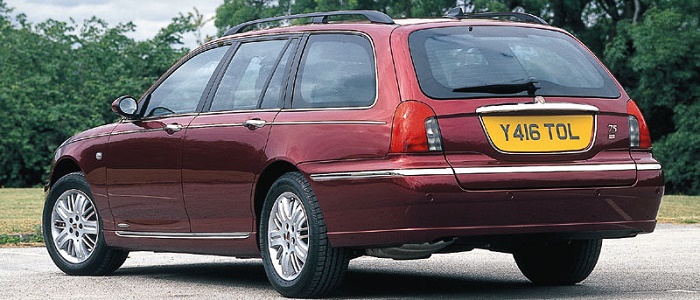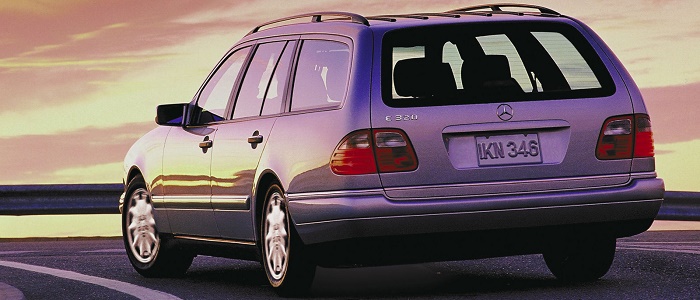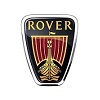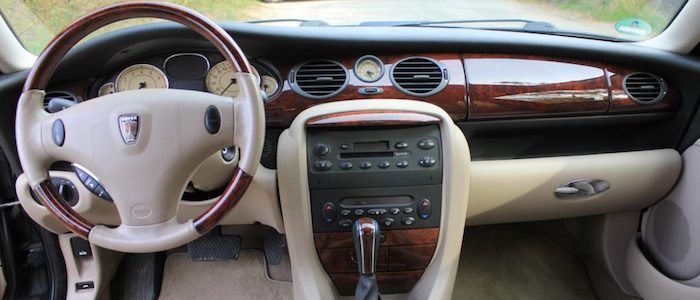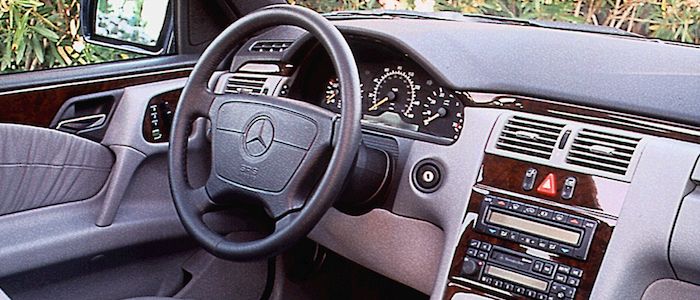Compare two cars
Compare any two cars and get our Virtual Adviser™ opinion
Dimensons & Outlines
Check vehicle history
Engine
2.0 M111 E20 ML EVO
Performance (manual gearbox)
Performance (automatic gearbox)
Expenses
Virtual Adviser's™ opinion
Two significantly similar cars, no doubt about that. Still, each one has something different to offer. Having both cars powered by petrol engines and utilizing the 5-door wagon body style within the same 'Luxury car' segment, the only major difference here really is their wheel drive configuration (front for the Rover and rear in the case of the Mercedes Benz). The first one has a Rover-engineered powertrain under the hood, a 4-cylinder, 16-valves 150hp unit, while the other one gets its power and torque from a 4-cylinder, 16-valves 163hp engine designed by Mercedes Benz.
SafetyA starting point here would be to take a look at the results from European New Car Assessment Programme (Euro NCAP) tests which were performed on both of the cars, with the same number of safety stars gained in the process. Still, apart from the official crash test results there are other things we need to be aware of. Both vehicles belong to the luxury car segment, which is generally a very good thing safety-wise, but that fact doesn't break the tie between the two cars. On the other hand, when it comes to weight, a factor that most people underestimate, the German car offers a marginal difference of 7% more metal.
ReliabilityManufacturers have been building their reliability reputation for decades now and, generally speaking, it appears that Rover as a brand displays somewhat better results, at least on all of the models level. These are the official statistics, while our visitors describe reliability of Rover with an average rating of 4.5, and models under the Mercedes Benz badge with 4.3 out of 5. Independent research findings rank 75 as average reliability-wise, and E is more or less at the same level.That apart, owners of different cars powered by the same engine as the British car rank it on average as 3.0, while the one under the competitor's bonnet gets 5.0 out of 5.
Performance & Fuel economyRover is a bit more agile, reaching 100km/h in 0.1 seconds less than its competitor. Still, it lacks the power to win the top speed competition, topping at 203 kilometers per hour, 9km/h less than the other car. When it comes to fuel economy the winner has to be the British car, averaging around 8 liters of fuel per 100 kilometers (35 mpg), in combined cycle. We can't ignore that 16% difference compared to the German car.
Verdict
Mercedes Benz appears just a bit more reliable, although the difference is truly marginal. The most important thing when deciding between any two vehicles should always be safety, both passive and active. In my opinion, everything taken into account, the German car offers slightly better overall protection and takes the lead. When it comes to performance, both vehicles provide similar experience, so I wouldn't point any of them out. the British car , on the other hand, consumps significantly less fuel, and that's a big plus. I believe that, when we take all into account, we have only one winner here - the Rover. Anyway, that's the most objective conclusion I could've came up with and it's based solely on the information found on this website. Aspects such as design, practicality, brand value and driving experience are there for you to measure them out. I suggest you spend two more minutes in order to find out which car, based on your needs and budget, would be picked by the virtual adviser™, among thousands of similar, yet so different vehicles.























